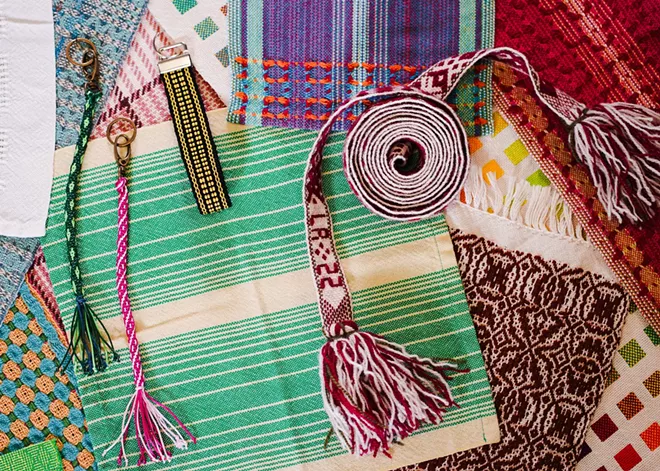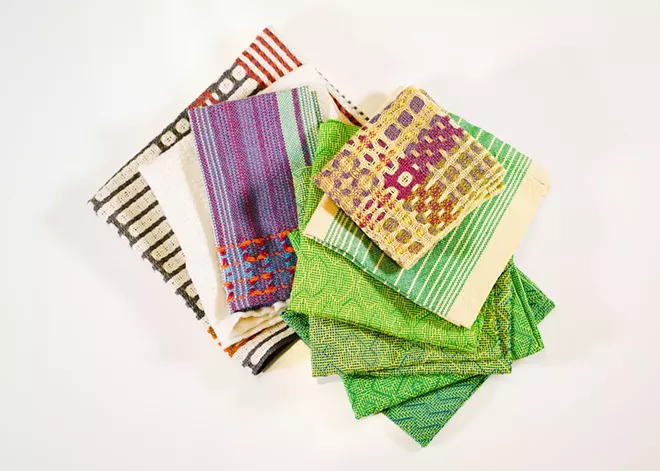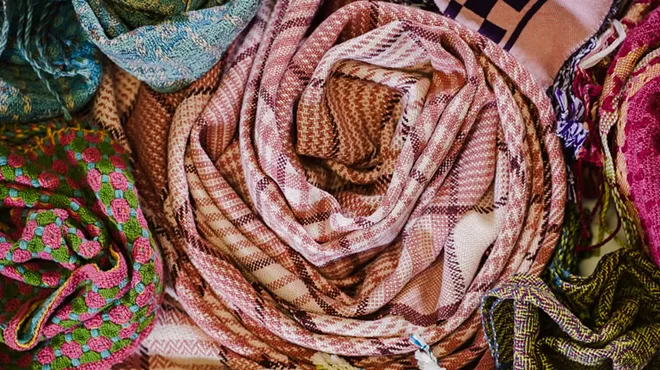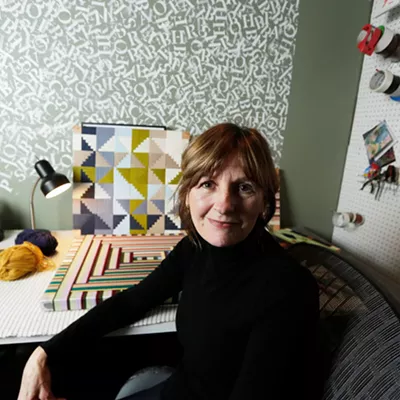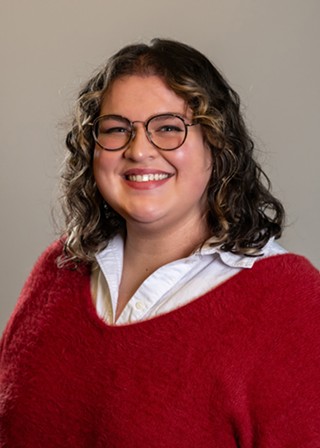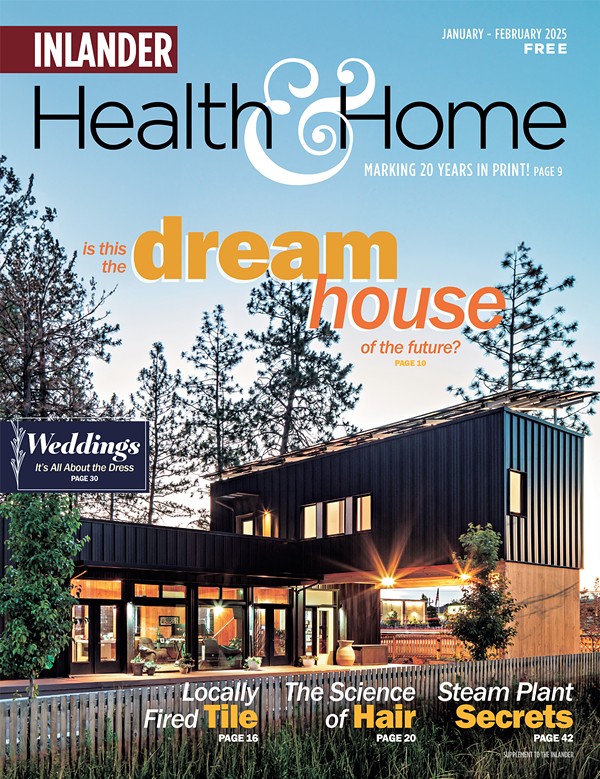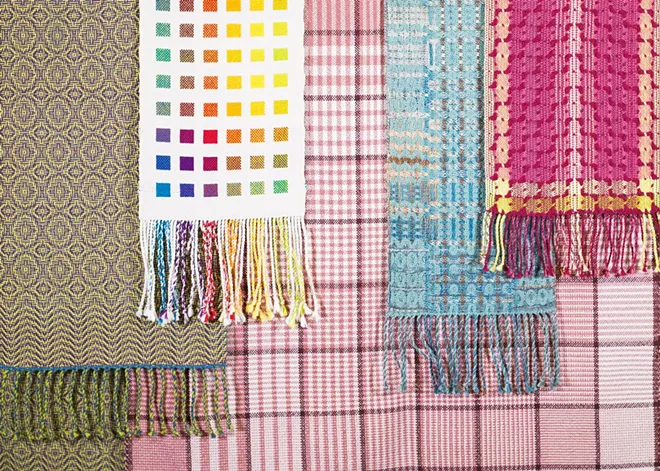
On May 23, 1948, 15 women and men came together to form the Spokane Handweavers' Guild.
In the guild's early days, aspiring members had to submit three work samples demonstrating their skill for consideration. Now, nearly 77 years later, anyone interested in handweaving is welcome to join, and the guild is 88 members strong.
"We have a vast range of skill levels," member Candace Brown says. "We have members who have been around for the long history of it, and we have some people who don't even yet own a loom but are interested."
Getting into handweaving can be difficult due to the need for an expensive loom as well as copious amounts of fiber. Because of this, the guild regularly hosts workshops to increase access to craft to as many people as possible.
Its members meet monthly, except for a short break in the summer. Among them are weavers, textile enthusiasts and even fiber-related businesses in the Spokane area, along with others from throughout Eastern Washington, North Idaho and even southern British Columbia. Yearly membership is $30 per individual, and $60 for businesses. (For more information, visit spokaneweavers.org.)
The Handweavers' Guild is a nonprofit, funded by those dues and an annual show at Barrister Winery each November. The show features one-of-a-kind, handwoven items made by its members — anything from simple scarves and lace doilies to table linens and kitchen towels.
Each item is made on a loom, which holds fibers taut to allow for the weaving of textiles of various sizes. Advanced and creative weavers often create stunning, colorful tapestries featuring elaborate patterns and ornate details.
"It's a very uplifting group," Brown says. "Our membership is staying at a real healthy level."
She says a big reason membership has been so stable over the years is due to a heightened interest in fiber arts around this part of the country.
"There's a long history of people around here being creative with fiber," Brown says. "In rural areas, especially, there are people who are raising animals whose wool can be made into weaving or knitting fiber."
Guild members are also intentional in supporting local businesses that help them create their work. Brown mentions Paradise Fibers on West Indiana Avenue and The Hook & Needle Nook in the Garland District, plus a new fiber store called the Applewood Yarn Barn in Green Bluff.
"They're gathering spots," Brown says. "We go there and revel in community and knit or weave or what have you. It's a very symbiotic relationship between the people doing the fiber arts and the people who support them making their living."
In a few more years, 2028, the Spokane Handweavers' Guild will celebrate 80 years of creating handwoven items for the community. In the next three years, Brown hopes the group continues to grow.
"We just want to share the joy of weaving," she says. "Nothing makes us happier." ♦

